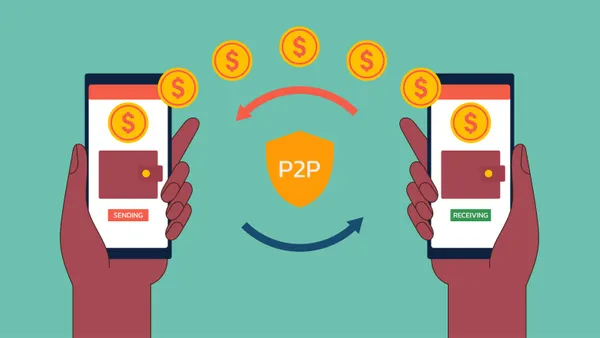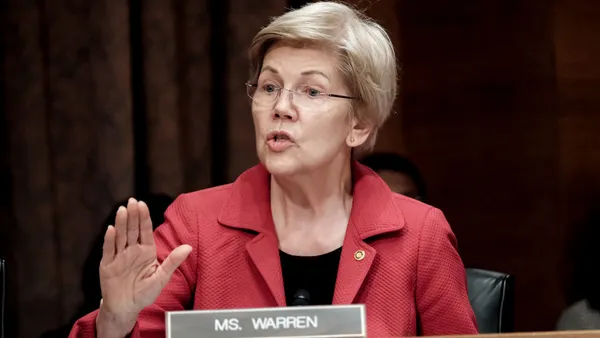The Clearing House, a bank-owned company that runs major U.S. payments networks, delayed its implementation of a new international payments standard to April 2024 from November.
The TCH move lines it up with “similar decisions” by other global payment system providers preparing for the new standard, TCH said in a press release last week. The notification comes as the financial services industry embraces a new single standard, known as ISO 20022, set by the International Organization for Standardization.
As part of its operation, TCH runs CHIPS, which is part of its interbank payments system. “The new CHIPS migration date will allow CHIPS participants to better manage the global transition to ISO 20022 payment message formats by retaining sufficient timeframes between ISO migrations,” the release said.
CHIPS includes 40 participants, including U.S. banks and foreign banks that have U.S. offices, a TCH spokesperson said by email. That system moves an average of $1.9 trillion in payments per day, the release said.
The new ISO standard is aimed at enabling financial institutions to better communicate with each other, including sharing data across international boundaries and to improve the flow of cross-border payments.
ISO is rolling out the new standard in March, with the European Central Bank, EBA Clearing, the Canadian payments network Lynx and the international messaging organization Swift set to adopt it that month, and the Bank of England coming on board in June, according to the release.
Letting those international players adopt the standard first, and then having CHIPS participants come on later gives the latter a bit of breathing room. “The new migration date allows CHIPS participants to manage and absorb changes from ISO 20022 conversions in other jurisdictions,” the release said.
When they do get on board with the new standard, it’s expected to improve their payments flow. Having CHIPS messages in the same standard as other global large payment systems will substantially “enhance the efficiency and information content of cross-border payments,” the release said.
Swift Chief Innovation Officer Tom Zschach called the ISO standard update “very significant” in terms of standardizing data for payments companies that connect to each other. His company was formed some fifty years ago to help domestic payments networks communicate, he noted.
“When you have good, reliable data, and that wave starts in the first quarter of this year, that leads to future benefits in terms of rich data that we could find insights in, in things like our machine-learning models, but it also helps the community on the network, detect when they have problems and prevent problems from happening in the first place,” said Zschach said in an interview last month.
One way in which the standard improvement will bolster Swift services is with respect to its account pre-validation service, which banks can use to validate an account against historical transaction data before a payment is sent.
“We'll see some immediate impact and benefits from” the new standard, he said. “It gives a lot more of a strong data foundation for the entire industry to build solutions on top of,” Zschach added.















